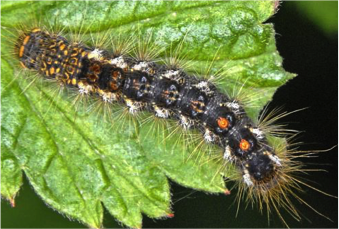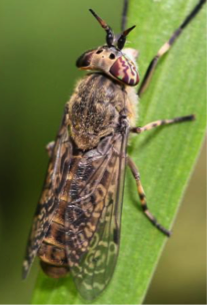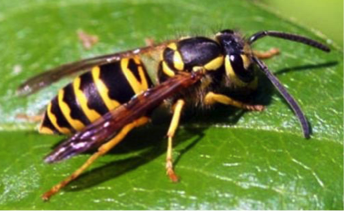With summer in full swing it’s important to be aware of what may be lurking in the garden. This week Julia DiPietrantonio from ENTO-PRISE INSECTS has sent us a guide of what to look out for…
As a qualified entomologist (MSc) I am often contacted by fraught parents armed with photographs of ‘things they found in the garden’ begging to know if the little critter they have snapped is deadly to us and should they go ahead and burn the garden shed down. It’s estimated around 75% of all life on earth is an insect. You’ll be pleased to know however that pretty much everything in the UK is completely harmless. There are only a few little beasties a person needs to keep an eye out for, and with the exception of a strong allergic reaction no bite or sting is inherently ‘deadly’ to us. Insects are amazingly industrious, they are the very foundation of the Earth. Without them, nothing exists. So the general consensus from any entomologist is if you see them, leave them be and let them go about their tasks. But you may come into unwelcome contact by accident, so here are the ones to look out for and how to deal with them.
Brown-tail Caterpillars
Not to be confused with the Oak Processionary. Often found feeding on hawthorn, bramble, blackthorn. Pupates around early July. Only the caterpillar stage is irritating.

Horse flies
Large, mottled brown fly. Delivers a painful stinging bite.

Bees/wasps
The best thing you can do when faced with a bee or wasp is to BE CALM. Either sit still and let the insect investigate, or stand slowly and move away. They won’t sting if you don’t scare them by reacting wildly.

What to do in an encounter:
- If the insect or part of it is still present, remove it with tweezers. Avoid handling as this can cause more allergens to be released.
- Wash the area well with soapy water (especially for horsefly bites).
- Apply antihistamine cream.
- In the case of horsefly bites applying a cold compress to the site for 10 minutes should help reduce pain and inflammation.
- Keep the area clean to avoid secondary infection.
- Keep an eye on the area, in rare cases allergic reactions can occur and you should seek immediate medical attention. Reactions include: facial swelling, anaphylaxis, hives etc.
Most bites/stings will clear up in a week or so, some may take a few weeks.
---There are no known populations of Oak Processionary or False Widow spiders in the North West of England.---








